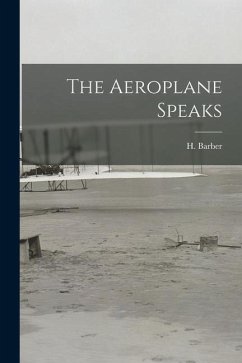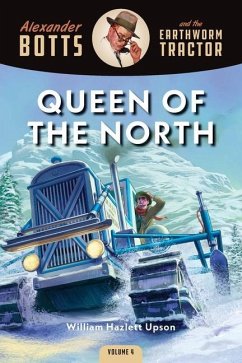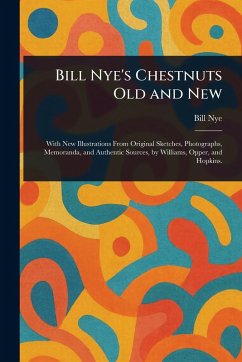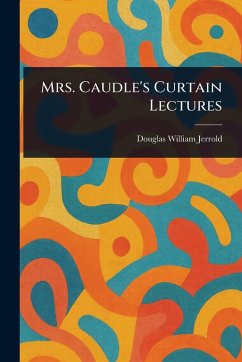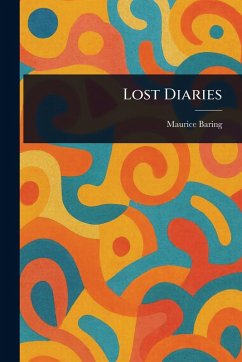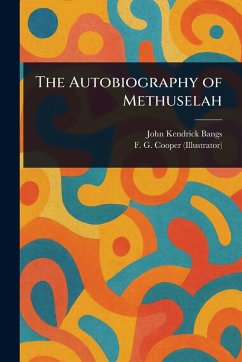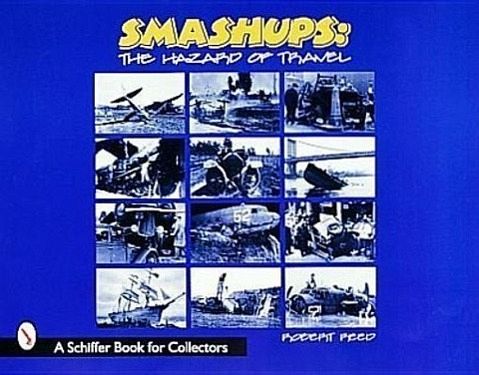
Smashups
The Hazards of Travel
Versandkostenfrei!
Versandfertig in über 4 Wochen
15,99 €
inkl. MwSt.

PAYBACK Punkte
8 °P sammeln!
Smashups:The Hazards of Travel offers an intriguing iconography of travel accidents of all genres-air, highway, railway, and water-wrecks involving trucks, buses, cars, light planes, jetliners, seaplanes, freight trains, and ships. There are also European wrecks, Asian wrecks, American wrecks, minor crashes, major ones, horse and cart wrecks, freak accidents, and even ordinary ones. With over 180 photographs, most never-before published in America and many of historical, national, and international importance, you can now experience the thrill of danger in the safety of your own home.



